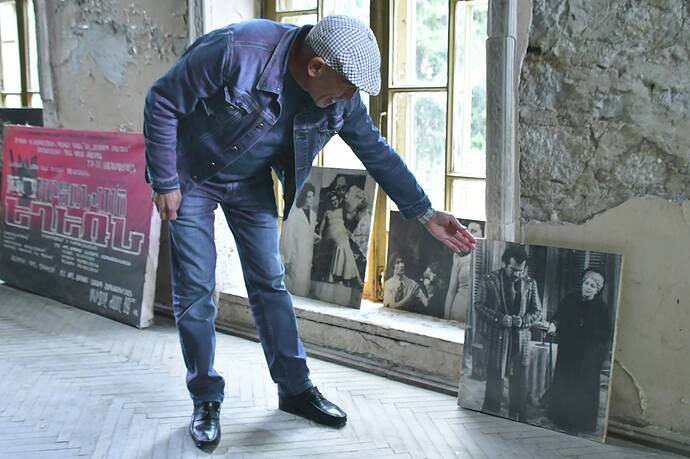I’ve created this post: Support This Art Festival Battling Cultural And Economic Isolation Through The "Ghost Theater of Stepanakert" — @iriedawta, please have a look and let me know if any wording needs to be changed.
@anon82932460 when its ready to be pushed, you can use this video on FB as visual as well: Still can't get enough of ARTsakh Fest 2018 teaser by @vananeborian 🖤💜💛 . . . #vananeborian #artsakhfest #teaser #stepanakert #nagornokarabakh... | By Artsakh Fest | Facebook
And I hope this picture will be scrapped for sharing:
